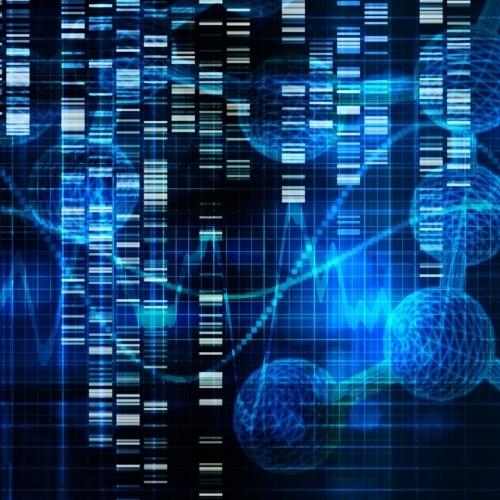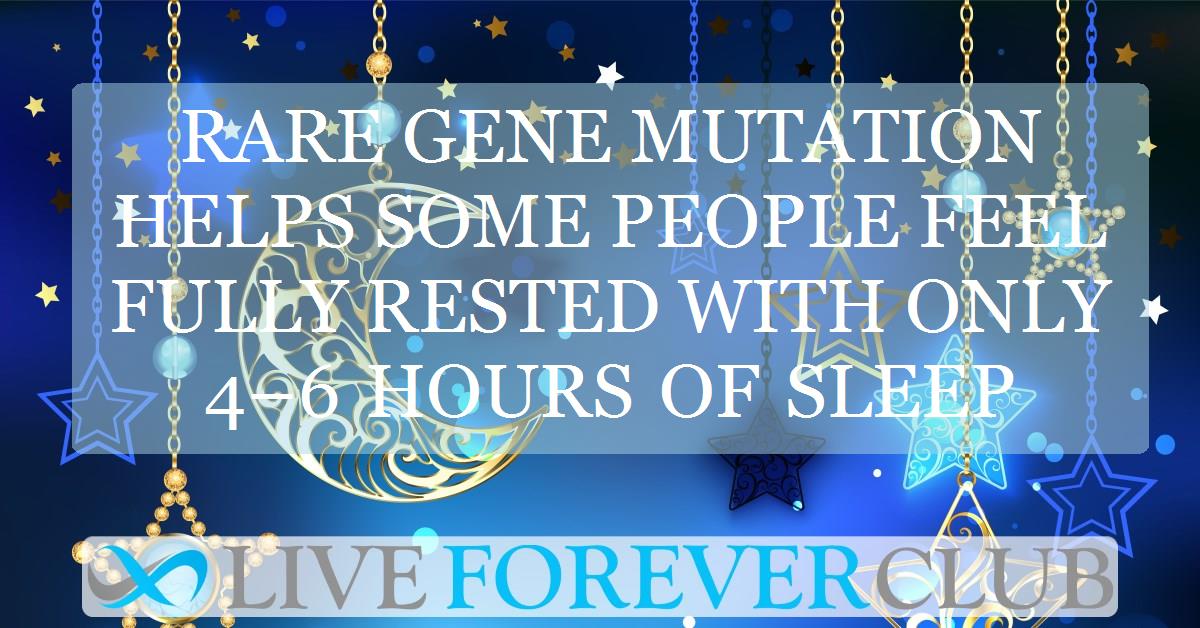Key points from article :
Some people naturally need only four to six hours of sleep to feel fully rested. Scientists have now discovered a rare genetic mutation that may explain why. This mutation was found in the salt-induced kinase 3 (SIK3) gene, which is already known to help regulate sleep.
The research was carried out by scientists at the Chinese Academy of Sciences. They identified a specific mutation called N783Y, where a single building block in the SIK3 protein is replaced. This change interferes with the protein’s ability to pass phosphate molecules between nerve cells, which affects sleep cycles.
To test the mutation, scientists created mice with the same N783Y gene change. These mice slept about 30 minutes less per night than normal mice, without any signs of poor health. This supported the idea that the mutation truly affects sleep length and not just behavior.
The study also found that this mutation slightly increased deep sleep activity, as measured by delta brain waves. This suggests that people with this mutation may get better quality rest in less time.
Importantly, the mutation did not change how much of the SIK3 protein was present, only how it functioned. This means the reduced sleep came from how the protein worked, not how much of it there was.
The findings, published in the journal Science, open the door to new research on sleep-related therapies. Scientists hope that this gene could become a target for future drugs to help people sleep better and more efficiently.








